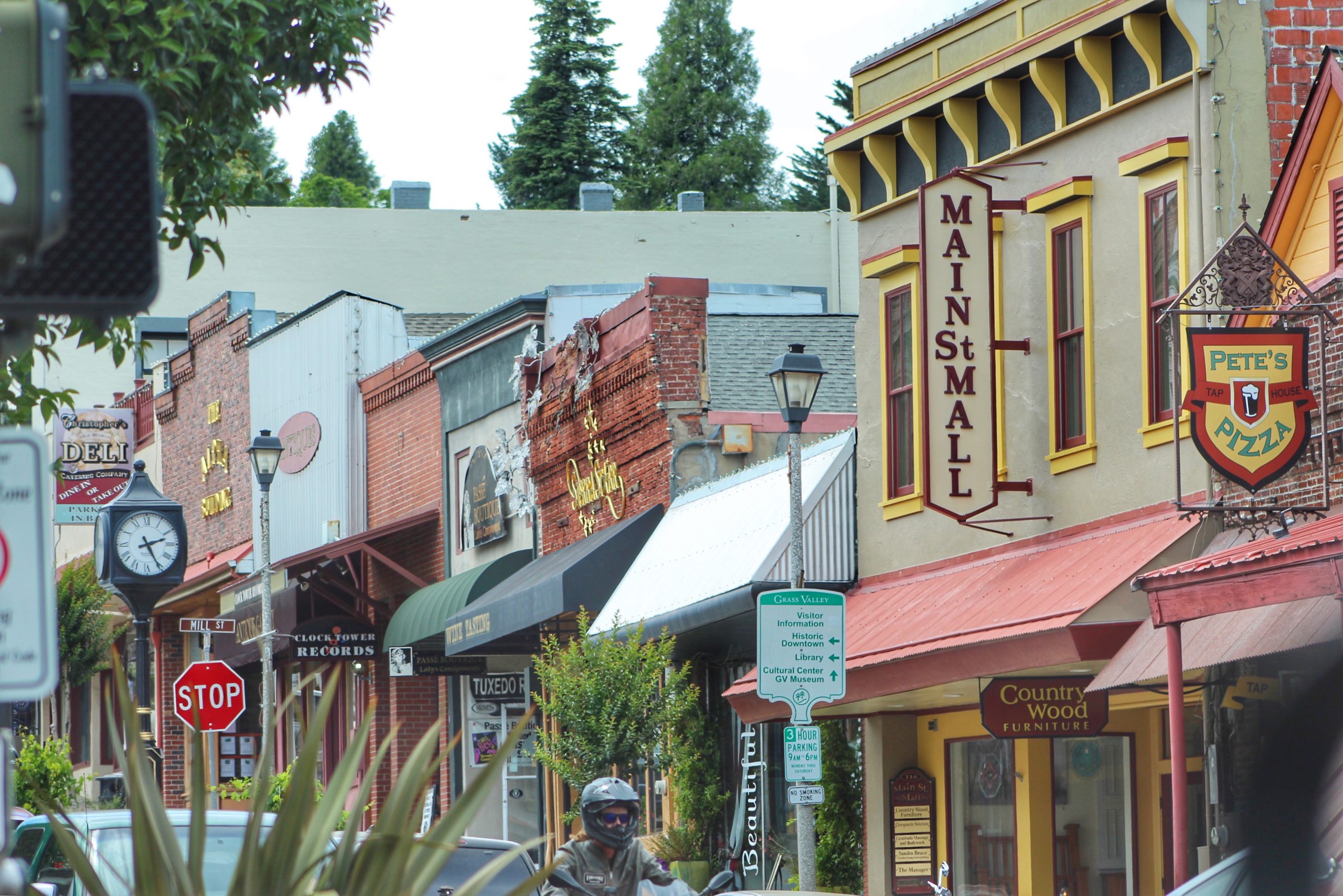Blog March 1, 2022
Diversity and Disconnection

American social life is undergoing momentous changes. We have fewer close friends than we used to have. More Americans are single or living by themselves. We are less apt to join clubs, civic organizations, or churches, and we spend less time with our neighbors and the people in our community. But through all these changes, one constant in American public life is how little contact we have with people different from ourselves.
In 2020, the American Social Network Survey revealed that most are socially segregated from people whose racial, religious, and to a lesser extent, political backgrounds are different from our own. Our closest social connections are made up of people just like us. A wealth of scholarship has shown that this is no accident; Americans are adept at self-sorting along important social dimensions. But through self-sorting, we miss out on the benefits that come with having a broader and more diverse social network.
Despite living in a pluralistic, multiracial, and multireligious society, there are few structural tools that encourage Americans to associate with those who have different backgrounds and beliefs. Many neighborhoods in the US are still segregated along lines of race and class, and increasingly politics. And as remote work becomes more popular, Americans miss out on opportunities to meet and engage with co-workers from diverse backgrounds.
Still, there are other places in the community that might serve this purpose. New findings from the American Community Life Survey reveal that Americans who live in areas packed with neighborhood amenities such as libraries, public parks, and coffee shops tend to report having a more racially and religiously diverse set of friends and acquaintances.
Americans living in low amenity neighborhoods are more than twice as likely as those living relatively close to bars, restaurants, and libraries to have no connections to people of a different race or religion. More than four in ten (44 percent) Americans living in areas with very low concentrations of amenities do not have any friends who are of a different race or religion. In contrast, only 19 percent of Americans living in areas with a very high concentration of amenities have no friends whose race or religion differs from their own.
For those living in neighborhoods without easy access to public places or commercial spaces, there is still hope. Having a regular place in the community—a third place—where you go regularly to spend time is also associated with having more diverse social ties.
Americans who have a regular spot in their community where people know them are much more likely to have greater diversity among their social networks. Seventy-seven percent of Americans with a local spot have at least one friend of a different race, ethnicity, or religion. In contrast, those without a third place are less likely with only 66 percent having at least one friend of a different racial or religious background. Notably, a third (33 percent) of Americans who do not have a local spot they visit regularly have no diverse social connections at all. Fewer than a quarter (23 percent) of Americans with a local spot say the same.
Third places appear to be particularly beneficial for increasing religious diversity. Nearly half (48 percent) of adults with a local spot they visit frequently have a religiously diverse friend group. Only about a third (36 percent) of Americans without a local spot say the same. Notably, third places appear to have a similar effect on religious diversity across community types. For Americans living in urban, suburban, and rural areas, frequenting a local spot appears to increase religious diversity at a similar rate.
The relationship between community life and social diversity has not gone unnoticed. In his seminal work, Bowling Alone, political scientist Robert Putnam suggested that an overall decline in community life has contributed to a decline of diversity in our social relationships. And this decline in diversity does not come without a cost: Research shows that people with diverse networks are more tolerant and are better positioned to cope with hardship.








